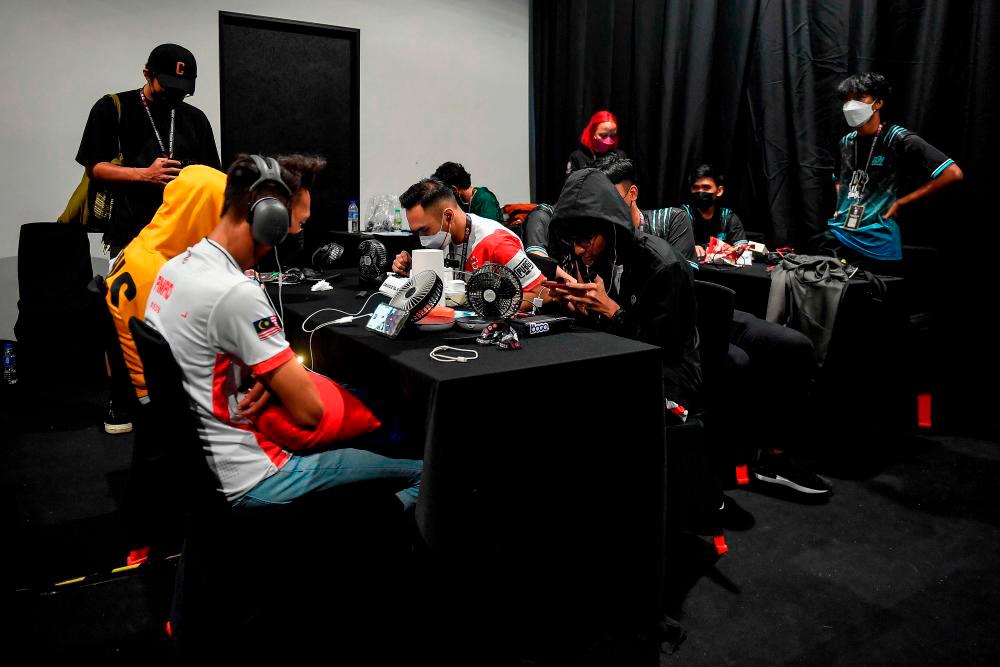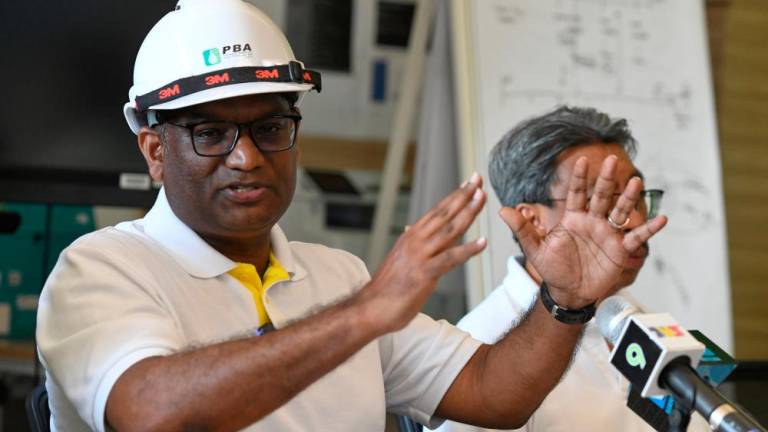WHEN Facebook CEO Mark Zuckerberg announced at the company’s annual conference Connect 2021 that Facebook would be rebranded as Meta, or in full metaverse, many were puzzled by the meaning of the new term.
According to Facebook, the metaverse is a collection of virtual spaces where you can create and explore with people who are not in the same physical space as you. Essentially, it is about creating an enhanced or perhaps humanised virtual presence so that people can interact, play and work with each other in the same way they would in person.
The concept of the metaverse, aspired by Zahlberg, is an obvious reiteration that our world is revolving simultaneously with the advancement of digital technology. This evolution has drastically changed how we interact, the way we consume news, the way we socialise and, of course, the way we source our entertainment.
According to a report produced by Newzoo’s 2021 Global Esports and Live Streaming Market Report, global Esports revenues were estimated to exceed US$1 billion (RM4.19 billion) in 2021.
In addition, the report also stated that the Esports industry will grow at 14.5% year-on-year, and by 2024 Esports is projected to generate revenues, totalling US$1.6 billion, making Esports one of the fastest growing industries in the world.
Despite the positive growth and success of Esports, the world is still not ready to accept them as part of sport. According to a published research article, although Esports are growing at an exponential rate, it is still a newly acquired entertainment by the international audience, and not widely accepted as a sport.
Esports in Malaysia
Due to the vast popularity of Esports, the government allocated substantial financial support, totalling RM45 million, for the development of Esports from 2019 until 2021. Recently, it was announced under Budget 2022, RM20 million has been channeled for Esports to develop and support up-coming athletes. In contrast, the gaming industry reported generating RM406.5 million revenue for the country in 2018.
A report in a business weekly stated that out of 20.1 million gamers in Malaysia, 87% spent money on in-game virtual items in the past six month. While in 2019, an article in a business news provider also stated that Malaysians spent RM2.7 billion on gaming alone. This staggering figure indicates that Malaysia is one of the largest gaming markets in Southeast Asia.
The Malaysian Investment Development Authority reported that the government recognised the gaming industry as one of the sectors that can boost the economy. Along with solid support and commitment by the government, the Esports industry in Malaysia is expected to thrive.
Esports in global events
Despite continuous debate on whether Esports should be regarded as sport, Esports has been seen receiving notable recognition from official traditional sports competitions.
In the 2019 SEA Games, Esports were included as part of the competing events, with Malaysia sending 24 athletes. There will be seven different Esports events in the upcoming Asian Games 2022, each of which will be regarded as a separate sport and, hence, medals for each ranking.
In a most recent development in 2021, the International Olympic Committee announced an Olympic Virtual Series that will be staged ahead of the Summer Games in Tokyo that will feature five Esports events, namely auto racing, baseball, cycling, rowing and sailing.
The future is now
Digital technologies will continue to proliferate, creating endless possibilities beyond our imagination. And so will our choice of recreation. While the future of Esports as part of sport is still uncertain, one cannot argue that the sports industry has already been influenced largely by the growing trends of Esports.
A good example is the Fifa World Cup, one of the most prestigious football tournaments in the world. In 2017, Fifa announced the replication of one of the world’s greatest athletic events in the world of gaming, called Fifa eWorld Cup 2018.
In the age of globalisation and rapid advancement of information and communication technology, Esports is the inevitable future of sport. The metaverse of sports has already begun.
Juliana Kristini Khalid is doing her Masters in Mass Communication at University Technology of Mara. Comments: letters@thesundaily.com













